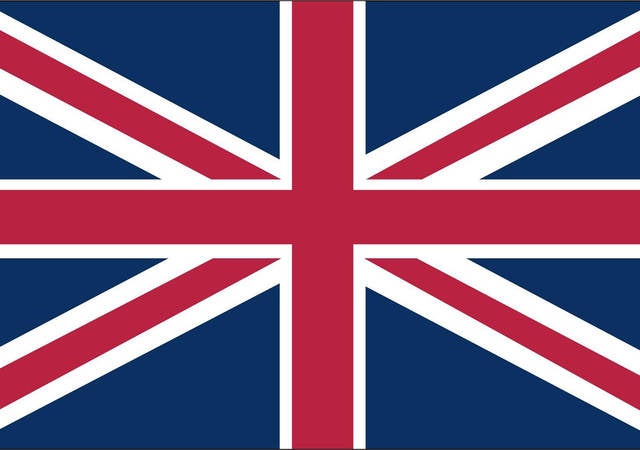May 1, 2023
By Karen Hill and Evangeline Loh
UK regulators have issued new details regarding extended European Medical Devices Regulation (MDR) compliance timelines and how recognition of CE Marked devices will be affected in England, Scotland, Wales and Northern Ireland.
MHRA acceptance of Regulation (EU) 2023/607
Even before the official European (EU) release of Regulation (EU) 2023/607 which amends the Medical Devices Regulation (EU) No. 2017/745 (MDR), the Medicines and Healthcare products Regulatory Agency (MHRA) had announced (20 February) its intent to acknowledge the additional time.
MHRA guidance on Regulation (EU) 2023/607
The MHRA has now published guidance on this topic (27 April 2023). The document is an extensive 11 pages which includes six scenarios, an Annex A table with timelines and details on how to manage the MHRA Device Registration System (DORS).
The first page presents the synopsis of Regulation (EU) 2023/607 and shares the extended EU validity dates at the end of December 2027 or December 2028 based on classification and satisfying of certain conditions. The MHRA indicates that the European legislation will generally apply in Great Britain to manufacturers that have leveraged EU compliance and Northern Ireland for which EU legislation is applicable.
MHRA expectations for leveraging CE marking
There will be UK legislation before June 30, 2023, if approved by parliament, on this topic. The timelines for Great Britain are intended to be:
- Class III or Class IIb implantable with a valid MDD/AIMDD certificate, December 31, 2027.
- For other classes of medical devices, with a valid MDD certificate or Class I SC upclassified, June 30, 2028.
- IVDs compliant with the IVDD, June 30, 2030.
These timeframes are presented in a table in Annex A of the guidance. The timelines for Northern Ireland are the same as those for the EU.
In addition, as the MHRA had announced earlier this year that there will be post-market surveillance legislation expected to apply in mid-2024.
MHRA expectations for leveraging expired MDD, AIMDD certificates
Similar to the EU, Medical Devices Directive (MDD) and Active Implantable Medical Devices Directive (AIMDD) certificates which had expired before the publication of Regulation (EU) 2023/607 (March 20, 2023), may still be considered valid, if there was a signed contract with the Notified Body in advance of the expiration of the certificate or if a competent authority had granted an Article 59 derogation or Article 97 decision.
MHRA template for MDR Article 120
The MHRA has also drafted a European Medical Device Regulation 2017/745 Article 120 declaration template. This will need to be completed as evidence that the manufacturer complies with the conditions of the MDR as amended. The manufacturer will need to sign the document, and if not based in the UK, the manufacturer’s UK Responsible Person (UKRP) will also need to sign. If the manufacturer places devices in both Great Britain and Northern Ireland, there should only be one Article 120 Declaration and the expiration of the declaration should be the earlier deadline (for lower-risk medical devices, June 30, 2028).
How to update DORS?
There are explicit instructions on how to manage the DORS registration detailed in each of the scenarios in the document. For manufacturers who are not based in Great Britain and thus require a UKRP, the UKRP is responsible for managing the manufacturer’s DORS registration.
- Scenario 1 MDD/AIMDD certificate expired before 20 March 2023 and devices in DORS.
- Scenario 2 MDD/AIMDD certificate expired before 20 March 2023 and devices not in DORS.
- Scenario 3 MDD/AIMDD certificate expires after 20 March 2023 and devices in DORS.
- Scenario 4 MDD/AIMDD certificate expires after 20 March 2023 and devices not in DORS.
- Scenario 5 MDD Class I self-certified upclassified MDR and devices in DORS.
- Scenario 6 MDD Class I self-certified upclassified MDR and devices not in DORS.
Concluding remarks
As expected, there are now legislative provisions to manage the European medical device regulatory system and grant the enterprise more time. This is in the form of Regulation (EU) 2023/607. Also, as was not a surprise as the medical device regulatory system in Great Britain leverages European compliance, the MHRA has had to account for this additional time in the EU.
The greatest difference between the EU and Great Britain is the deadline of June 30, 2028 for Class IIb non-implantable and lower-risk medical devices, provided the conditions of the MDR continue to be met.





